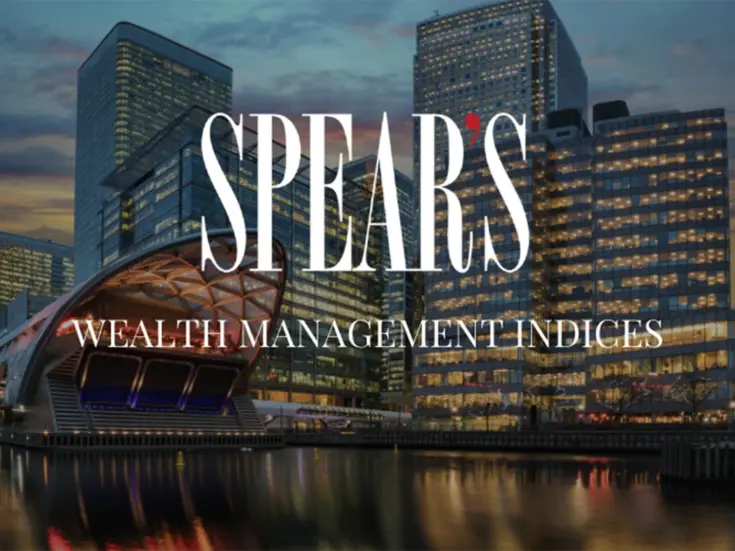William Cash buries his snobbery and appreciates the unexpected benefits of shared ownership at the historic Castello di Casole, near Siena
William Cash buries his snobbery and appreciates the unexpected benefits of shared ownership at the historic Castello di Casole, near Siena
I
have been going to Tuscany since I was fifteen. A great friend of mine at boarding school was half-Italian and arrived at the school speaking hardly a word of English. When he invited me to spend part of the summer holidays with him and his family in Tuscany, I had no idea that his uncle was Baron Ricasoli — one of the most noble Florentine families — and that the family ‘home’ was actually Brolio Castle, one of the greatest and most ancient Tuscan wine estates. For much of August, I sat in the main dining room, waited on by an elderly Italian butler who wore white gloves, drinking some of the best Brolio wines over the past 50 years.
It was all very Brideshead and as a result I am afraid that, ever since, I have been a terrible snob about Tuscany. Subsequent trips, even when I once rented part of the ancient Castello di Montauto with some friends, never lived up to that magical summer on the Brolio estate. Like so many Brits, I suppose I always harboured a secret fantasy of one day retiring from the dog house of work and buying a holiday place in the Tuscan sun. A run-down farmhouse with its own small vineyard, perhaps, but done up in what estate agents like to call ‘authentic’ style with huge rustic flagstones, a glass-tiled Infiniti swimming-pool, oversized Italian furniture, Carrara marble sink in the bathrooms, and a refectory table that looked as if it was built for a dining society of well-fed 16th-century monks. And, being a self-respecting proper-bricks-and-mortar-obsessed Brit, buying a villa in Tuscany would mean renovating it and, ideally, renting it out for exorbitant rates to pay the bills when I wasn’t there.

So when I got a call inviting me and my wife to spend the weekend at the historic 4,200-acre Castello di Casole estate, a short drive from Siena — previously owned for many centuries by the noble Bargagli family of Siena, and more recently by Luchino Visconti, the Italian film director of The Leopard — I was naturally intrigued.
But, to be honest, the moment I heard that it was a ‘fractional ownership’ development, run by an American resort company, my heart sank. We English tend to be such unruly snobs about such things. We don’t care if you have the housekeeper put up a dozen family photographs the day before you arrive; whether you have her air your own William Yeoward sheets stored away, or unbox your own Hermès dinner service set. A holiday house just isn’t the same unless it’s yours — at least, that’s what my instincts were telling me.
A
fter three days staying in the beautiful three-bedroomed San Regolo farmhouse property on the estate (excluding the chic guest house next door), I realised my English prejudices towards the Castello di Casole property-sharing model were entirely wrong. In fact, my eyes were opened to the luxuriant possibilities of not having to do your own shopping, not having to worry about repairs, the cooking, turning on the heating, making the beds, tending the garden, cleaning the swimming pool, paying the bills, making sure the internet broadband works, that the fax machine is stocked with fax paper, and that the last friend who stayed did not walk off with your laptop plug adapter.
When I asked for two mountain bikes to be delivered, they came within an hour. When I asked the concierge to book us lunch somewhere nice nearby, I was utterly delighted and suprised when I learnt that they had booked Il Pozzo in Monteriggioni, which for many years has been my favourite restaurant in Tuscany. They did it behind my back without even knowing that I fantasise about the tortelli al cartoccio con tartufo — which is the best recommendation for their services that I could imagine.

Not for one moment did I feel as if the San Regolo was anything but a proper family home. This is the genius of the Castello di Casole model, namely that clients do actually own each of their separate properties, usually divided between ten to twelve owners. The San Regolo had three bedrooms, three vast, dramatic bathrooms that you would normally expect to find in a hotel such as the Hotel Russie in Rome; satellite TV (and Sky News) in all the bedrooms on giant plasmas, and a fully stocked fridge when we arrived. Oh, and had I forgotten the fluffy Frette bathrobes, Bisazza mosaic tiles and glass tiling, sunken baths with Philippe Starck fixtures and Frette bedding?
So it is not like a faceless timeshare club where there is no relationship between the family and the home; it is like ten friends clubbing together to buy a holiday house but not having the hassle of actually running the property; you can use it as much as you like when it is not being used by the other guests. There are certain farmhouses available which allow the owners to rent them out when the ‘owners’ are not in residence (just five) and certain farmhouses that are exclusive to the owners only. Rentals are managed and marketed by the team at Castello di Casole and there is a 40 per cent commission paid for these services, which include daily breakfast and a catered dinner prepared by the estate chefs.
W
hat makes the estate even more promising — especially as a potential investment — is that while we were there, we could see the finishing touches being made to the estate’s real jewel: the Hotel Castello di Casole, which will result in the privately owned estate villas having an intimate boutique five-star hotel within a five- or ten-minute drive.
As I tour the new hotel, which has 41 sumptuous suites (including a penthouse suite), a Michelin-quality restaurant, an informal pizzeria in the converted old chapel and a world-class spa and gym, all set in the most exquisite private gardens and series of remodelled courtyards with spectacular views over the vineyards, I begin to realise what I am witnessing: with well heeled, international client private shareholders owning the 31 existing casali and two villas (Villa Scuola and Villa Sant’ Antonio), I realised that this estate is the closest Italy has to its very own Mustique, the private Caribbean island that is owned by its shareholders and has the Cotton House hotel as its flagship hotel.

I say this because anybody who bought in Mustique in the early days of its development will have made a very handsome profit. For sure, now is the time to buy at the Castello, before the economy recovers and before there’s a waiting list for the few properties left. The other great thing about the model is that if you want to sell your ‘share’ in a property, you can do so on the open market — like selling your debenture at Wimbledon. People who bought shares several years ago when the project was first developed are already looking at large profits — but they dont want to sell.
Casale Pietti and Casale Pulcinello are currently available for ownership, with 1/12th interests costing from €490,000 (private villa, own pool, four bedrooms, 4.5 bathrooms, 475–600 sq m). This cost also includes access to the unique Vintners experience. Co-owner dues for all maintenance, including the dues for your own estate oil, all other maintenance, utilities, staff, repair etc. The annual management charge is €11,100.
I
n short, the whole experience at Castello di Casole is a bespoke one-off. The house team who looked after us — led by Georgia Kopelousos, one of the best-connected women in Italy — could have been transplanted from any of the late Mark Birley clubs in Mayfair. Just as Henry James used to complain, at the turn of the century, that people were able to buy social acceptability and a highly prestigious address overnight simply by owning an apartment at the Plaza Hotel, so no doubt there will be snobs who will complain that having a Castello di Casole address is just a rich way to say that you are part-owner not only of a historic estate but also of a historic vineyard.
Let them gnash their jealous teeth, is all I can say. More annoying still, the estate wine is very good, and owners automatically become members of the estate’s exclusive Vintners club, with its own premises, bar and cellar that is being built. It is being run by Piero Incisa della Rocchetta, a charming, well spoken aristocrat who has taken on the project. An added perk of becoming an estate partner is that all owners are presented every year with an allocation of the Private Reserve Dodici label that they can even have labelled with their particular villa or house name. Not even Mustique home owners have that to swank about.
Castello di Casole, Tuscany
+39 0577 967 511








